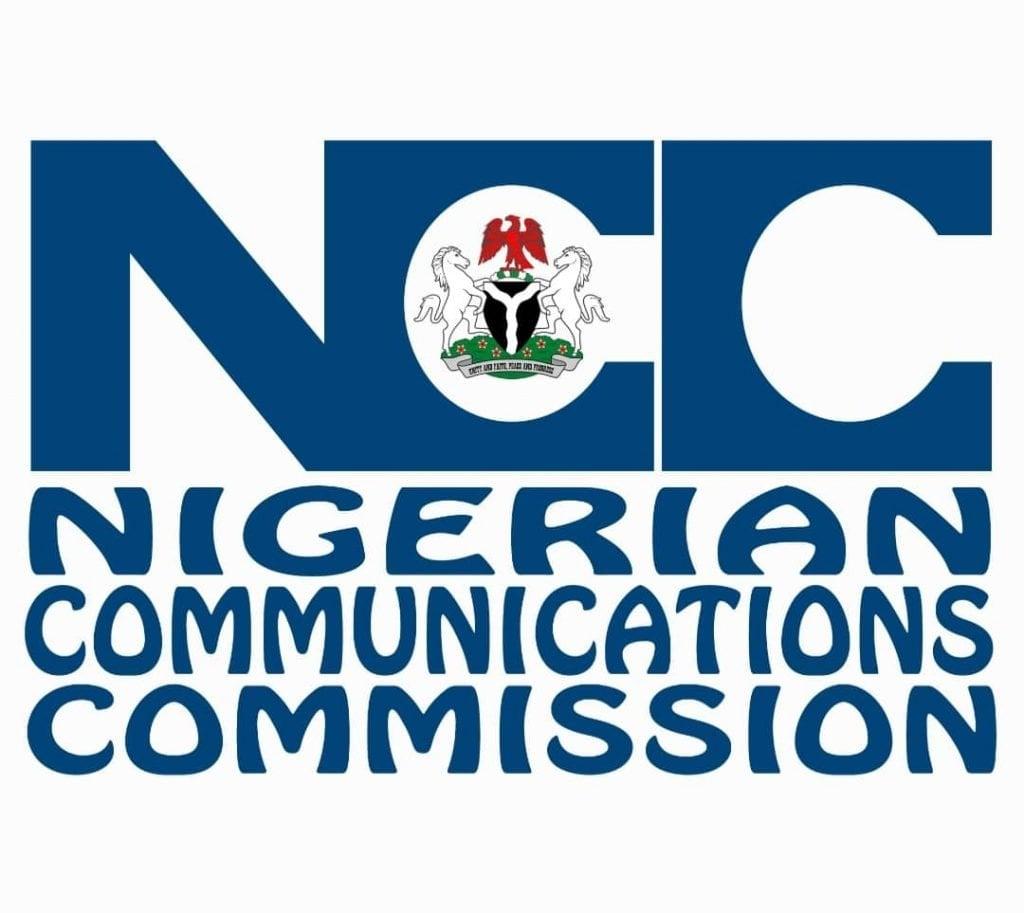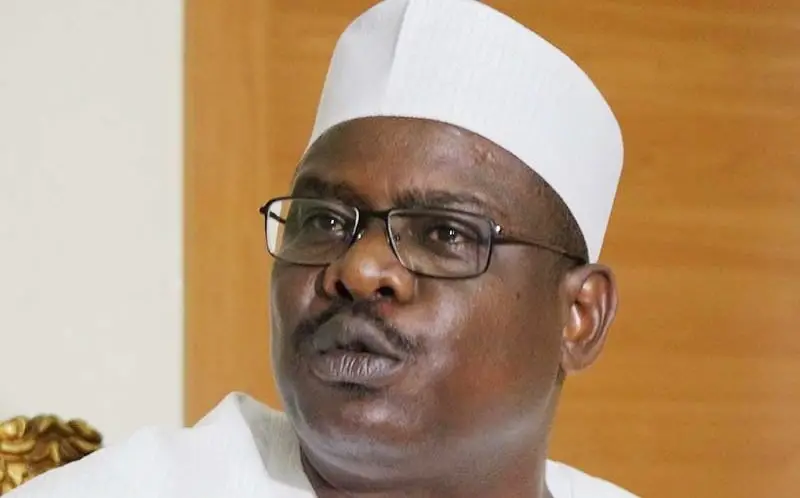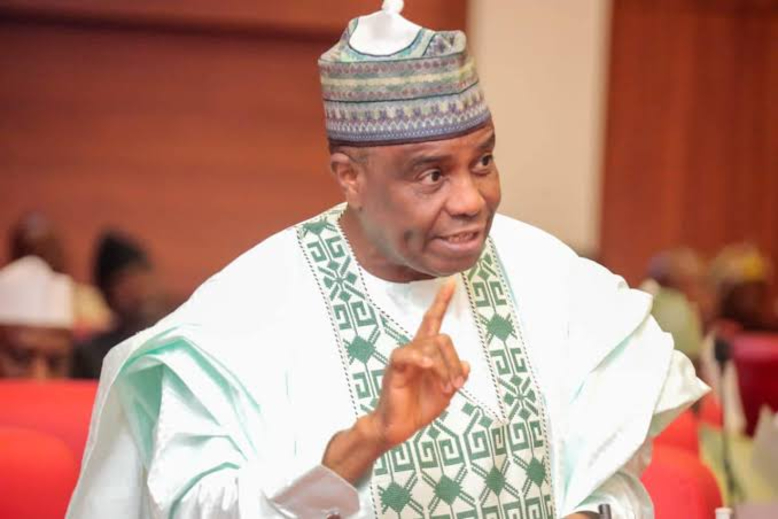This directive was made in a Tuesday public notice signed by NCC’s Director of Public Affairs, Reuben Muoka.
The telecom regulator said affected banks must settle their outstanding obligations by January 27, 2025, or risk losing access to their USSD codes.
These codes, essential for enabling mobile banking services, could be reassigned to other applicants if the debts remain unresolved.
READ ALSO: NIN-SIM Linkage: Telcos Begin Disconnection Of 66m Phone Lines
The commission revealed that, as of Tuesday’s close of business, nine out of 18 financial institutions had not complied with regulatory directives.
While other banks have cleared their debts, the total amount initially owed by the financial institutions was reported to exceed N200 billion.
However, the regulator did not disclose the precise debt currently owed by the affected banks.
According to the NCC, some of the unpaid invoices have remained unpaid since 2020, indicating a prolonged financial dispute between the banks and telecom operators.
Part of the notice read, “By the information made available to the commission as at close of business on Tuesday, 14th January 2025, of a total of 18 financial institutions, the nine institutions listed below have failed to comply significantly with the directives in the Second Joint Circular of the Central Bank of Nigeria and the commission dated December 20, 2024, for the settlement of outstanding invoices due to MNOS, some since 2020.”
The regulator noted that banks’ failure to comply with the CBN-NCC joint circular also means that they are unable to meet the good standing requirements for the renewal of the USSD codes assigned to them by the commission.
It added, “In fulfilment of its consumer protection mandate, the commission wishes to inform consumers that they may be unable to access the USSD platform of the affected financial institutions from January 27, 2025.”
The affected financial institutions include Fidelity Bank Plc, First City Monument Bank, Jaiz Bank Plc, Polaris Bank Limited, Sterling Bank Limited, United Bank for Africa Plc, Unity Bank Plc, Wema Bank Plc, and Zenith Bank Plc.
The affected USSD codes include 770, 919, and 822, among others.
The NCC emphasised that the financial institutions had been duly notified of the need for immediate compliance and warned that consumers may face service disruptions if the issues remain unresolved.
This development highlights ongoing tensions between telecommunications companies and financial institutions over unpaid USSD-related debts, a challenge that has persisted for years.
Meanwhile, data from the CBN revealed that 252.06 million transactions worth N2.19 trillion were conducted via USSD between January and June 2024.
This represents a significant growth compared to 2023 when 630.6 million transactions valued at N4.84tn were completed using USSD codes.
Originally designed by telecom operators for services like airtime purchases and subscriptions, USSD has become a key tool in the banking sector, offering financial services to users without requiring an Internet connections.
PUNCH
































